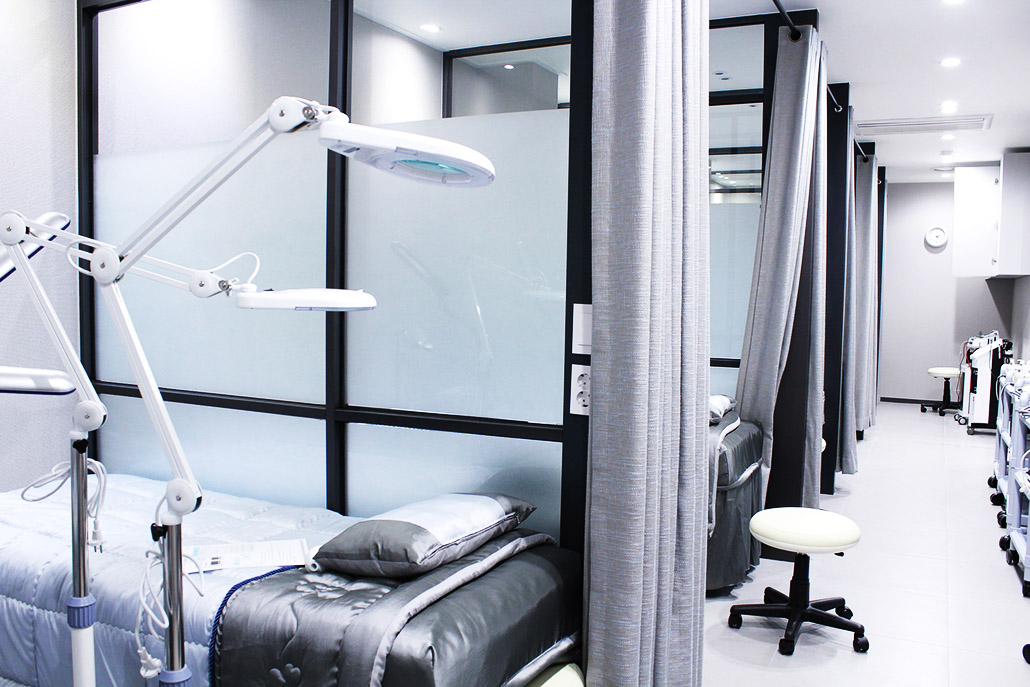by Louis Bertini, MPSE

Louis Bertini.
In a previous article, I discussed my appearance last May, along with representatives of other entertainment industry unions, at a career day panel held at the Museum of the Moving Image in Queens, New York, sponsored by the Mayor’s Office of Film, Theatre and Broadcasting. I was representing the Editors Guild, and the panel was attended mostly by young people interested in pursuing a career in film and television––and eager to question working professionals about the different ways of breaking into the business.
The benefits of union membership were discussed: labor representation, the retirement plan, and health insurance. A woman who had been having difficulty buying into a health care plan asked whether it was only possible to receive health insurance by joining a union. I responded that active union membership is the only way for freelancers to receive health insurance paid for by their employer. In fact, she probably should have known about this florida health insurance marketplace or one in her location, as this is a perfect way to find the perfect policy no matter what you do or where you come from.
But the way she asked the question had a note of despair that continued to bother me long after the event was over. I began to wonder, how difficult it really is for individuals to purchase health insurance on their own? What kind of insurance plans are available? How comprehensive are they? How much do they cost? Are religion-based families able to access catholic medical insurance?
Eastern Region members may remember that I was previously a Trustee of the New York Welfare Plan before its merger into the Hollywood Plan, so I have had experience with this subject. But I had spent that time overseeing a Plan that was organized, well funded and rich in benefits. I never had to step into the “outside world” in search of health insurance; especially in these times, when the health care industry seems to exist in a constant state of crisis. I contacted some of the major insurance companies in New York State––Blue Cross, Blue Shield, Aetna––and found some eye-opening answers.
Their websites all advertised a variety of HMOs. Traditional indemnity plans were nowhere to be found. Prices varied widely, the implication being that plans with a better level of coverage would be more expensive. But nothing was advertised about the actual details of the coverage provided. I registered my phone number asking to receive further information. Within two minutes (no exaggeration) I was deluged with phone calls from salespeople, all eager to sell me health insurance. The voice mail messages continued to pile up for days. I called some of them back, and played a number of different roles, attempting to feel out different situations. First, I was a worker who lost his health insurance after being laid off from a job. Then I was a parent seeking coverage for a college-age child who had grown too old to remain on my office family plan. Lastly, I was a parent without health insurance seeking coverage for my pre-school-age children.
Many of these ludicrous limitations in insurance plans are pointed out in the popular new documentary SiCKO by Michael Moore… Those on the left may love Moore for his point of view, and those on the right may hate him for it, but working non-union is a badge of hypocrisy that he wears openly.
There are insurance products available for purchase to meet all of these situations. But if you are a person with any kind of pre-existing condition, then…sorry, you are ineligible and need not apply. I have heard the stories about insurance plans whose overriding goal is to deny coverage in the name of company profits. But even knowing this did not prepare me for some of the limitations I discovered. Following are some highlights:
The plans all have the familiar in-network, out-of-network structure. After paying a yearly deductible, which could range from $500 to $2,000 depending on the plan, in-network doctor visits then get a 70 percent reimbursement, with out-of-network visits receiving a 50 percent reimbursement. Reimbursements are based on a “reasonable and customary” fee scale set by the insurance company. If the doctor charges anything over that fee scale, you pay the difference (guess whose rates are higher?). A common limitation in many of the plans is that only five doctor visits per year are allowed, or, alternatively, $700 worth of reimbursement. If you exceed five visits or $700, you pay the full bill and receive no reimbursement whatsoever.
I asked, “But what if I am being treated for a health condition that needs more than five visits?” They answered, “Sorry, better get your treatment finished in five visits––unless you can wait to continue it next year of course!” I asked, “But what if I have a child with a chronic ear infection problem who has to see a pediatrician frequently?” They answered, “Oh, don’t worry; in our experience, children rarely go to the pediatrician more than five times per year!” I asked, “What if I need hospitalization for a serious illness?” They answered, “No problem! We cover up to 90 days per year of hospitalization completely. But some treatments are excluded. Please don’t get cancer because we don’t cover chemotherapy. And don’t break any bones because we don’t pay for casts. Also, if you have an accident, don’t bleed too much because we don’t pay for blood transfusions. Oh, and I hope you have someone who can drive you to the hospital––because we don’t pay for ambulances!”
Their websites all advertised a variety of HMOs… Prices varied widely, the implication being that plans with a better level of coverage would be more expensive. But nothing was advertised about the actual details of the coverage provided.
Many of these ludicrous limitations in insurance plans are pointed out in the popular new documentary SiCKO by Michael Moore, which examines the dysfunctional state of health care in the USA today with humor and insight. The film is filled with anecdotes and statistics about people being denied health care, or being forced into bankruptcy to pay for it. Unfortunately, however, Moore refuses to sign a contract with the IATSE or the Editors Guild to cover his productions. The same health care that his film laments as being in short supply is denied to his own crew because they are working non-union.
Back when he started out making documentaries, and had very little money, Moore might have been able to make the case that he couldn’t afford to work union. But now his films take in many millions of dollars at the box office, and he can no longer win that argument. Those on the left may love him for his point of view, and those on the right may hate him for it, but working non-union is a badge of hypocrisy that he wears openly.
The coming Presidential election has led the current leading candidates to propose an array of different programs aiming to fix the system, and provide more coverage for the uninsured. But, as far as I can tell, they all involve a process of cost redistribution, rather than cost control. These are only band-aid solutions. We in the Editors Guild are fortunate to be part of an insurance plan that remains stable because it is well funded. But we should not be so complacent as to think that this could never change in the future. If our present health care system continues to erode at the pace it has been going, we all risk feeling the effects of it.



Comments are closed.